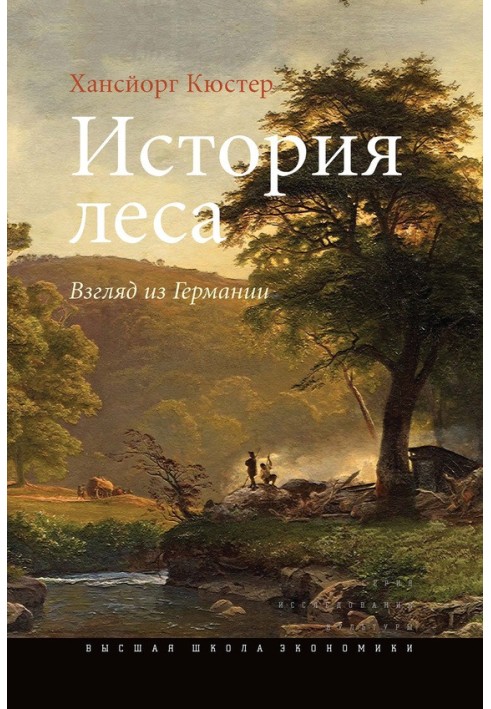History of the forest
 Instant download
Instant download
after payment (24/7)
 Wide range of formats
Wide range of formats
(for all gadgets)
 Full book
Full book
(including for Apple and Android)
The forest is often perceived as a symbol of nature, the antipode of civilization: where the forest begins, culture ends there. However, this book presents the reader with a completely different picture. In any country in the world where forests grow, they play a huge role in people’s lives, but attitudes towards them may be different. In Germany, the connections between man and forest are traditionally very strong. This is reflected not only in the appearance of the forests - well-groomed, obedient, riddled with a dense network of paths and signs. The reverse side is no less clearly visible - the entire German culture is saturated with forests. From the famous Battle of the Teutoburg Forest, through fairy tales and folk songs, the forest comes to poetry, music and theater, informing German romanticism and inspiring environmental movements of the 20th century. Therefore, in order to tell the story of the forest, the German author needs to dare to embrace the immensity and combine the incompatible - economics and poetry, botany and politics, archeology and nature conservation. This is exactly the path taken by the author of “The History of the Forest,” paleobotanist, professor at the University of Hannover Hansjörg Küster. His book tells the reader the history of not only the forest, but also people - their relationship to nature, their economy and culture.
Data sheet
- Name of the Author
- Хансйорг Кюстер
- Language
- Russian
- Translator
- Наталия Феликсовна Штильмарк
Reviews
Вражаюча подорож в історію лісу та його взаємозв'язок з людством!
Ця книга відкриває читачеві новий погляд на ліс як на живий організм, що взаємодіє з культурою, економікою та історією. Автор, палеоботанік та професор, майстерно поєднує наукові факти з емоційними розповідями, що робить читання не лише пізнавальним, але й надзвичайно цікавим. Я вражений глибиною дослідження, яке охоплює різні аспекти життя лісу, від його ролі в німецькій культурі до екологічних викликів, з якими стикається сучасність. Книга наповнена яскравими прикладами, історичними фактами та поетичними образами, що дозволяють читачеві відчути зв'язок між природою та людським існуванням. Рекомендую цю книгу всім, хто цікавиться природою, культурою та історією, адже вона спонукає задуматися про наше місце в світі та відповідальність перед природою.













